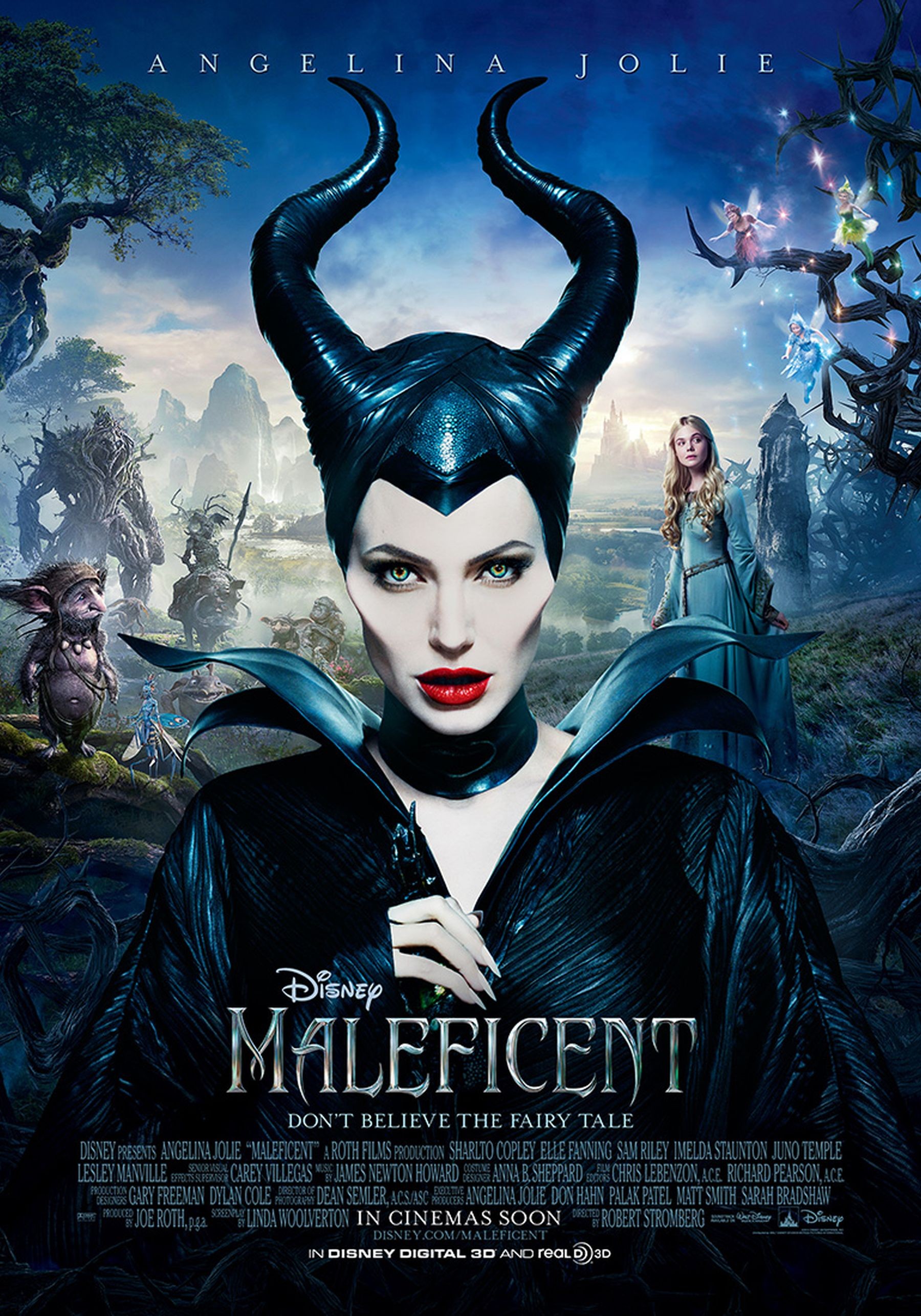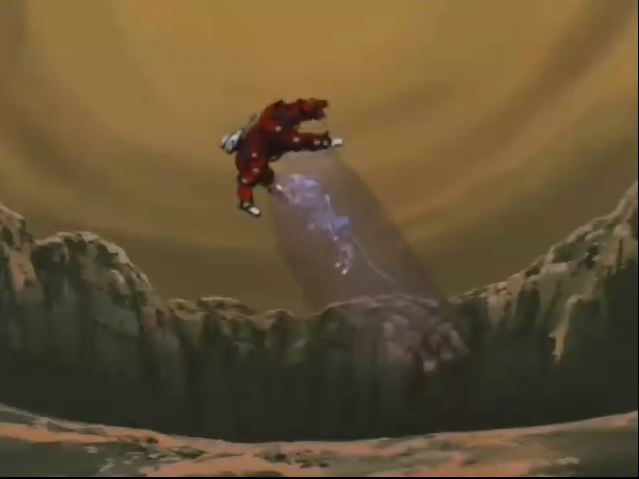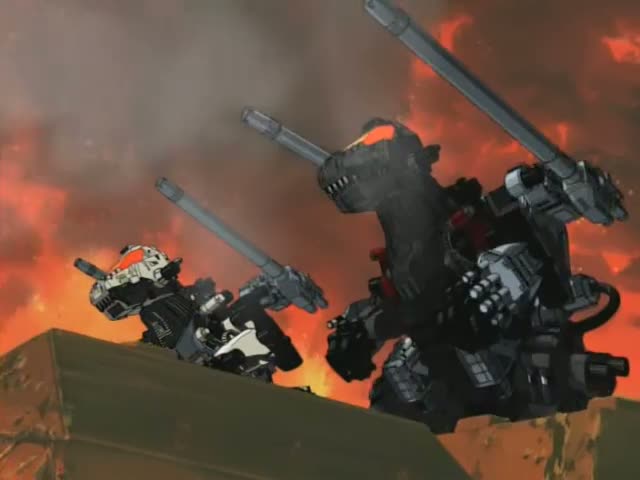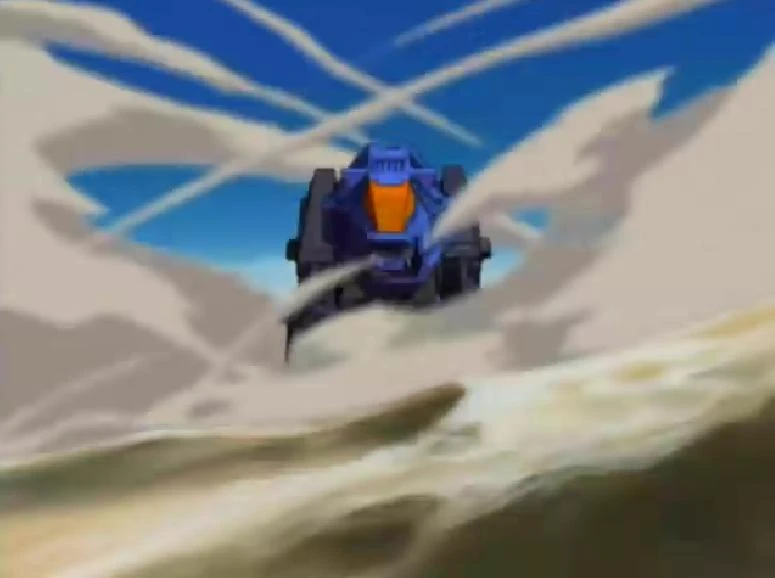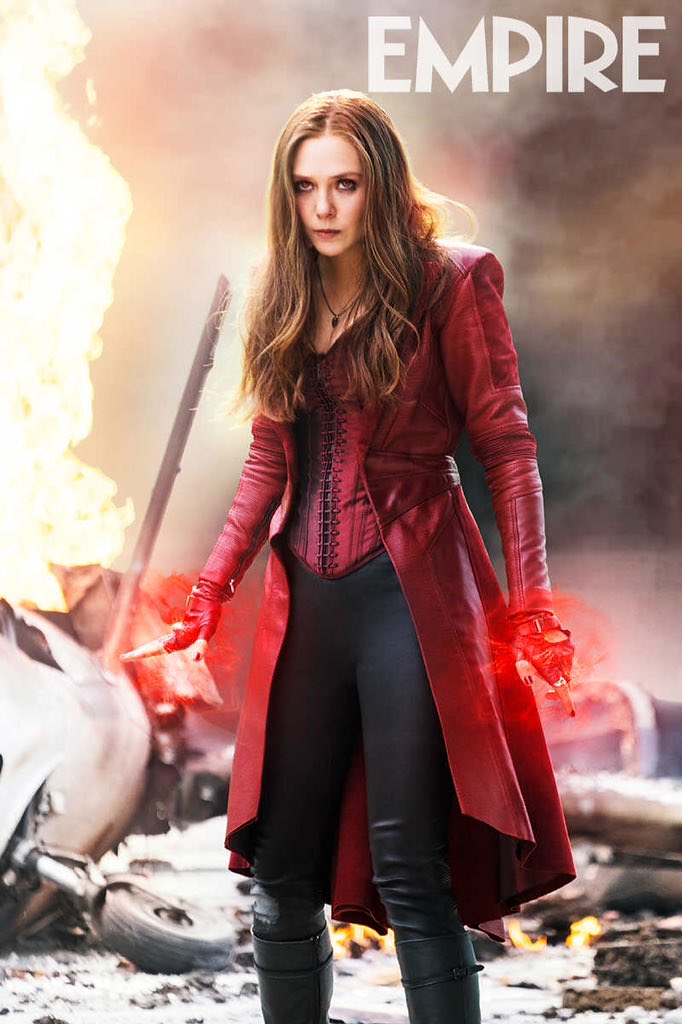Technically, I already did a review of the Japanese series Zoids: Chaotic Century. But not too long ago I became curious to see if Zoids had become a topic of conversation on WordPress. After all, that was the raison d’etre for my Spotlight! posts; I started them to put the word out about not only my favorite Japanese “mecha,” but to start a conversation about my much loved anime.
At least, that was what I hoped would happen. Aside from a few likes, nobody seems really interested in discussing Zoids, whether it is Chaotic Century’s zoids or any of the other series. So I sort of let the matter drop, going back to my usual Spotlight! posts and remembering the show fondly, as always….
Then I had the trailer for Zoids: Field of Rebellion recommended to me, and my Zoidian fervor re-engaged itself – with a vengeance!
Not that my love for zoids is ever very far away from me. One of the things I have learned about the stories I enjoy is that, no matter where I go or what makes me set them aside, my favorite characters in fiction will reassert their importance to me when I least expect them to do so. They also seem to like doing this to me when I need them most.
One of the reasons that Chaotic Century has a special appeal to me is not simply because I was young and impressionable when I first saw it. I associate certain things with how the show makes me feel. A beautiful autumn day, an open horizon, a certain tangy, alluring bite in the air – these are triggers which still make me itch, even now, to find a zoid and hop in its cockpit.
I know that zoids do not exist. I have known this for years. But there is still something that I can sense in the air sometimes that makes me feel as eager as I only did when I watched or thought about Zoids. The trailer for Field of Rebellion not only intensified that childish wish, it made me hope for a film based on at least the zoids themselves, if not on Chaotic Century.
If Takara Tomy or another Japanese company is actually thinking of turning Chaotic Century into a film, then all I can say is: “Go for it! Go For It! GO FOR IT!!!!” I have wanted a zoids film – or a series of films about zoids – for as long as I have been a fan of Chaotic Century. But as I grew older and watched other shows I enjoyed made into films, seeing how they were abused and mangled by Hollywood, I began to fear that a film about Chaotic Century would destroy the story and the characters I loved so dearly.
For this reason, I have decided to inaugurate a series of Spotlight! posts that will focus on the characters from Zoids. I do not want these great characters who still visit me when I need their encouragement to be destroyed as the Teenage Mutant Ninja Turtles, the Transformers, and other childhood friends have been. No amount of CGI zoids or fantastic storytelling would save a film that abused these characters, and this is something I wish to make perfectly clear to anyone who may be considering creating a film based on Zoids: Chaotic Century.
But before I get to those posts, I thought it best to review what makes Chaotic Century such a powerful series. It is not the music (which is stellar); it is not the artistry (which is appealing), and it is not the English dubbing (which is not perfect but still works quite well).
It is the characters, the zoids, the plot, and the themes of the series that make Zoids: Chaotic Century such a magnificent story worthy of the best efforts of those who paint pictures on the silver screen. There are four main plot points in Chaotic Century that MUST be present in any film based on the show. These are:
Friendship, Love, and Redemption
I will touch on this more in the character posts, but one of Chaotic Century’s biggest selling points was its character growth. Though the story starts out somewhat slowly, the friendships between the characters develop so well and so thoroughly that you do not notice just how far they have come until the stakes begin to rise. Then you suddenly get jerked into a position that lets you realize that these characters have grown due to their contact and interaction with each other. You realize that they would never have become the people they are in X episode if not for the fact that they fell in with each other earlier and have been traveling together since.
The love aspect is present in the main romance in the series, which lasts from episode one to episode sixty-seven. We never see the end result, but we are left to believe that the main characters do indeed live happily ever after when the credits finally roll. A few side romances are shown as well, and these are all handled with an adroit touch. The main couple only exchanges one kiss, and that was not a smooch of the physical variety. If the writers for the movie will not honor these relationships in any film about the series, I will not be watching that movie.
Redemption is a big part of the series as well. Many of the villains in the story turn over a new leaf during the course of the show, while several remain evil to the bitter end. These redemptions never feel forced, as the one for Helmut Zemo did in Avengers Assemble’s “House of Zemo.” They never feel tacked on, either, as the redemption of Doctor Octopus in Ultimate Spider-Man’s series finale did.
Best of all, there are no saving twists for the villains, such as we see in Maleficent. The bad guys either reform or they croak. A couple of villains do kind of reform before they die, but that is probably for the best, as their redemption arcs weren’t likely to last beyond that episode.
Redemption in Zoids takes place gradually; it is natural, the result of progressive character growth and discovery. It is not a spoonfed, hamfisted “let’s all sing Kumbaya and admit that our dads were jerks” moment. (Now that I think about it, not one of the fathers in the series was even a mild jerk, let alone a horrible, horrible person. Score another point for Zoids: Chaotic Century!)
A film about this series has to include these elements; it has to build the friendships and the romances smoothly and quietly. It has to be just as soft on the redemption arcs for the villains as well. Any movie about Chaotic Century that does not do this will not do the series justice, and I will NOT pay to see it.
I know these character arcs would not be easy to condense in a film (franchise), which is the other reason I have been leery of the idea of translating the TV show into a film (series). But if a Chaotic Century movie (series) is in the works somewhere, or on someone’s mental backburner, this character growth is going to prove a challenge for them. It will be a worthwhile challenge, but they may not get the necessary thanks they deserve for this work – even from a Chaotic Century fan like me, unfortunately.
Never Give Up Hope – Or the Fight
Mostly, it is the main character, Van Flyheight, who has the never give up/never lose hope attitude. This attitude is passed on to his friends by him, thereby infusing the entire story and tying it tightly to reality. We have all faced moments when the going gets so tough, so nigh unbearable, that we cannot stand to think of dealing with the pain for another instant.
Zoids: Chaotic Century shows that even Van is not invulnerable to these moments. What makes him different is that, for him, these moments are rare and they do not last. This allows him to inspire others to hold on to hope when it appears that the battle is already lost.
I cannot tell you how valuable this plot point in Chaotic Century has been for me during my life. I am as weak as the next person; there have been moments when I can see the bottom of the pit of despair, when I have thought life would never, ever get better.
Chaotic Century has been, in some ways, a life-saver for me in these moments. Sure, I have had the “it’s-a-cartoon-and-has-nothing-to-do-with-real-life” thoughts about it. But Zoids taught me that you only really lose the fight when you give up hope. Maybe you cannot always feel hope, as Van seems to, but the show taught me that quitting simply is not an option. Through this show you learn that giving up simply cements your loss while holding out in spite of the pain means you might actually be able to turn the tide of the battle.
A film (or series of them) based on this TV show has to reference tenacious hope as often as its progenitor did. Otherwise, it will not be based on Chaotic Century but on the producer/director/writer’s agenda. The only agenda for a movie (series) based on Chaotic Century should be that hope is more powerful than despair, no matter how grave matters appear to be.
Pursue Your Full Potential – As a Pilot and as a Person
A sub-theme, if we can call it that, in Chaotic Century is that in order to become the best (or at least a competent and good) pilot in the world, the pilot and his zoid have to reach their full potential as a fighting unit. As one wise character in the series told Van’s friend, “Zoids can sense [their pilots’] feelings and emotions and use them to enhance their own capabilities [in battle]. Once [the pilots] recognize that, the possibilities are endless.”
Anyone who has ever watched zoids remembers the “awe and excitement” we felt when we first saw these enormous, mechanical “spirit animals” running across the screen. We wanted to be that strong, that fierce, and that able to fight. We wanted to be the heroic pilots of our favorite zoids.
The problem Chaotic Century addresses is that zoid pilots can lose sight of this potential in the thick of battle, and thus they lose sight not only of why they became a pilot, but of who they are as people. This leads them to consider their zoids and everyone else’s to be “ordinary” fighting machines which are only useful as tools, pets, or weapons. They stop seeing zoids for what they truly are and see only what they can get out of them.
The challenge Zoids: Chaotic Century presents to its characters – and thereby to its viewers – is it asks us whether or not we have kept our eyes on the prize. The prize is our “full potential” which, while it can never truly be reached in this life, is the only thing worth striving after. Money, power, luxury – these are distractions, in many cases deadly ones. The true potential of a man (or a woman) cannot and should not – must not – be gauged by these foolish categories. What matters is whether or not you are striving after your full potential. Because it is only by chasing after your full potential in this life that you can actually achieve it in the next.
This theme ties directly into the fourth premise any filmakers who wish to bring Zoids: Chaotic Century to the silver screen must keep in mind….
Wonder
This theme is so obvious that we fans tend to forget it. Wonder radiates palpably from Chaotic Century; but we viewers become so accustomed to the zoids that, like their pilots, we tend to stop marveling at these magnificent mechanical creatures as we should. We become so used to the vast desert vistas, the high mountains, the plateaus, the hills and plains in the series that we forget how beautiful they are. The music – which still sends tingles along my skin and inspires me to smile like a maniac – becomes so much a part of the background that we hardly notice it.
The way Chaotic Century keeps us on our toes is by having the characters point out the wonder of these things. Time and time again, characters remark on the beauty and splendor of the zoids, reminding us of how special these creatures are. The appreciation that the ordinary village folk in the series show for the countryside they live in reminds us that these vistas are available to us wherever we live. We simply have to actually look out the window and see them as they are. The sacrifices the characters make for each other, the little gestures of friendship and romance sprinkled throughout each episode, call on us to realize how valuable our own friends and families are to us.
Above all, Chaotic Century prompts us to keep our eyes on the prize. It constantly reminds us to strive after hope in hopeless situations, to fight to maintain our urge to discover our true potential. We may not be zoid pilots (no matter how much some of us wish we were!), but we are people who are gifted with different talents, different purposes in this life.
Are we pursuing these vigorously, working to find the “endless possibilities” open to us as we work on these things that we love? Or have we become “jaded” and forgotten what made us want to be a mother, a father, a football player, a Marine, a piano player, a writer, an artist, etc. in the first place? Are we striving for the good, the beautiful, and the best that we can achieve – or have we completely lost our sense of direction?
Many of the characters in Zoids: Chaotic Century have lost sight of the real reason they became zoid pilots. They have lost sight of the real reason why they wanted to get in the cockpit. As the series progresses, they relearn this – allowing us to learn to look at our own lives with new eyes because we have seen the characters do it.
A film – or a series of them – based on Chaotic Century must have these four qualities. If it (or they) does not, then it has failed to give homage to its progenitor franchise, just as the new TMNT movies and the first three Transformers films did. But a zoids film (franchise) that acknowledges its source material, that shows an appreciation for it, can only be pursuing the series’ full potential on a grander scale.
I leave you to discover Zoids: Chaotic Century for yourselves, readers, as I did in my last post. In addition, I also leave you the longest trailer for Zoids: Field of Rebellion. If they could make this video (which is ABSOLUTELY SPECTACULAR FROM A VISUAL STANDPOINT), then they can make a film out of Chaotic Century!
I do not know if they will do this. I want them to do it, as long as they do not try to rewrite the series when they make the film(s). If they can tell this story, whole and entire on theater screens, I will be in seventh heaven. You will have to tie me to the seat and gag me in order to get through the movie, but I will be happier than a clam if Zoids makes it into theaters.
But that is not my decision to make. I can only watch the TV series and the trailers for Field of Rebellion – and dream. For now, that is enough.
See you on the battlefield, readers!



